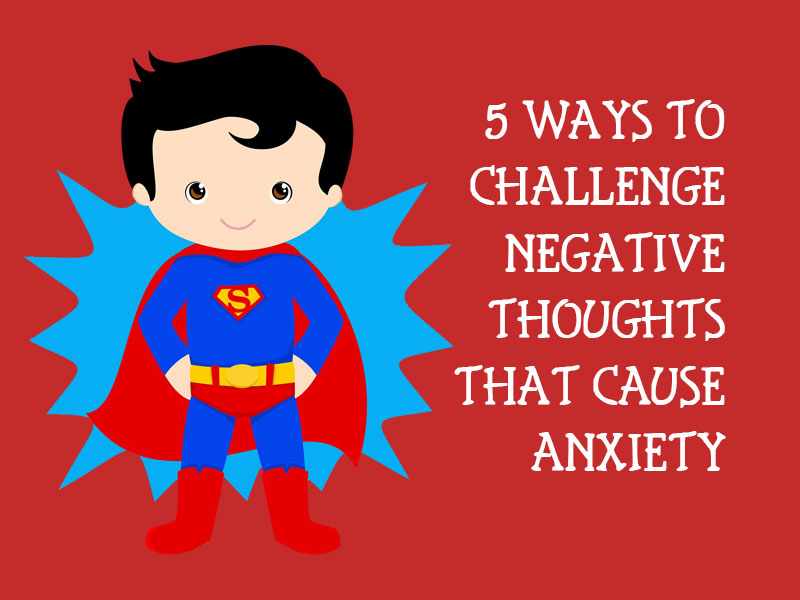Traditional Anxiety Strategies That Can Help Your Child

There are many ways in which parents have helped their children over the years without turning to medication or therapy. I’m calling these “traditional anxiety strategies” for a reason. And the reason is they work – and the evidence is in their longevity.
So in this blog, I’m going to pull out a number of links to our strategy section on the website to highlight just seven of those traditional anxiety strategies.
Adapt them as you wish for the age and ability of your child – even for their preferences.
And remember that the current increase in anxiety in our children is often due to the milieu in which they find themselves these days. If there were less panic on social media and less info available to be heard “in the air”, you’d find these strategies (and similar ones) were enough in themselves. But they’re mainly forgotten because life is so busy. Try resurrecting a few?
When you do, you have a perfect way to be with your child attentively, hear what’s really going on for them and to help them manage things with less daily anxiety.
The first one on the list is probably a good place to start!!
7 traditional anxiety strategies
1 Normal worry is OK, false alarms are NOT.
This is the image in the blog post header, A4 and printable, for them or both of you to colour while you talk about normal anxiety – and what is not. You could also both have fun learning the rhyme together and quoting it at each other when necessary!
Download a copy of the sheet to print out.
If you want to revise what's normal anxiety and what's not, have a look here.
=====
2 Rituals: the skeleton of family bonding.
=====
3 Relax, relax – but find your best way.
=====
4 Use picture cards to tell a story.
=====
5 Butterfly tapping to calm down.
=====
6 Change the ingredients – still a cake but not the same.
=====
7 Teach skills that will help.
=====
There are many more strategies in the strategies section (see the nav bar tab).
I firmly believe parents are the people best placed to start helping your child deal with anxiety on a regular basis so it doesn't get out of hand enough to need professional help.
Give it a go?


